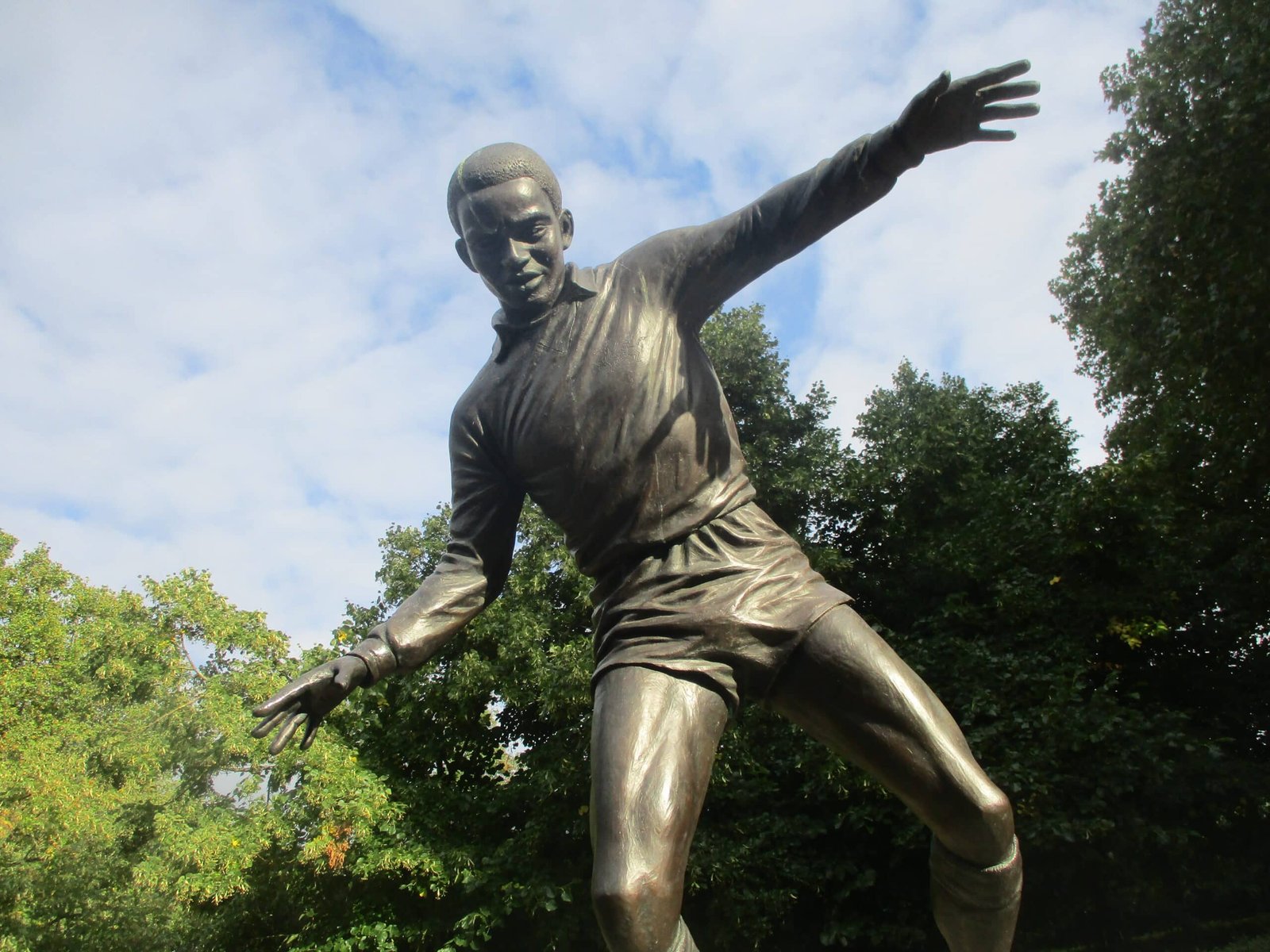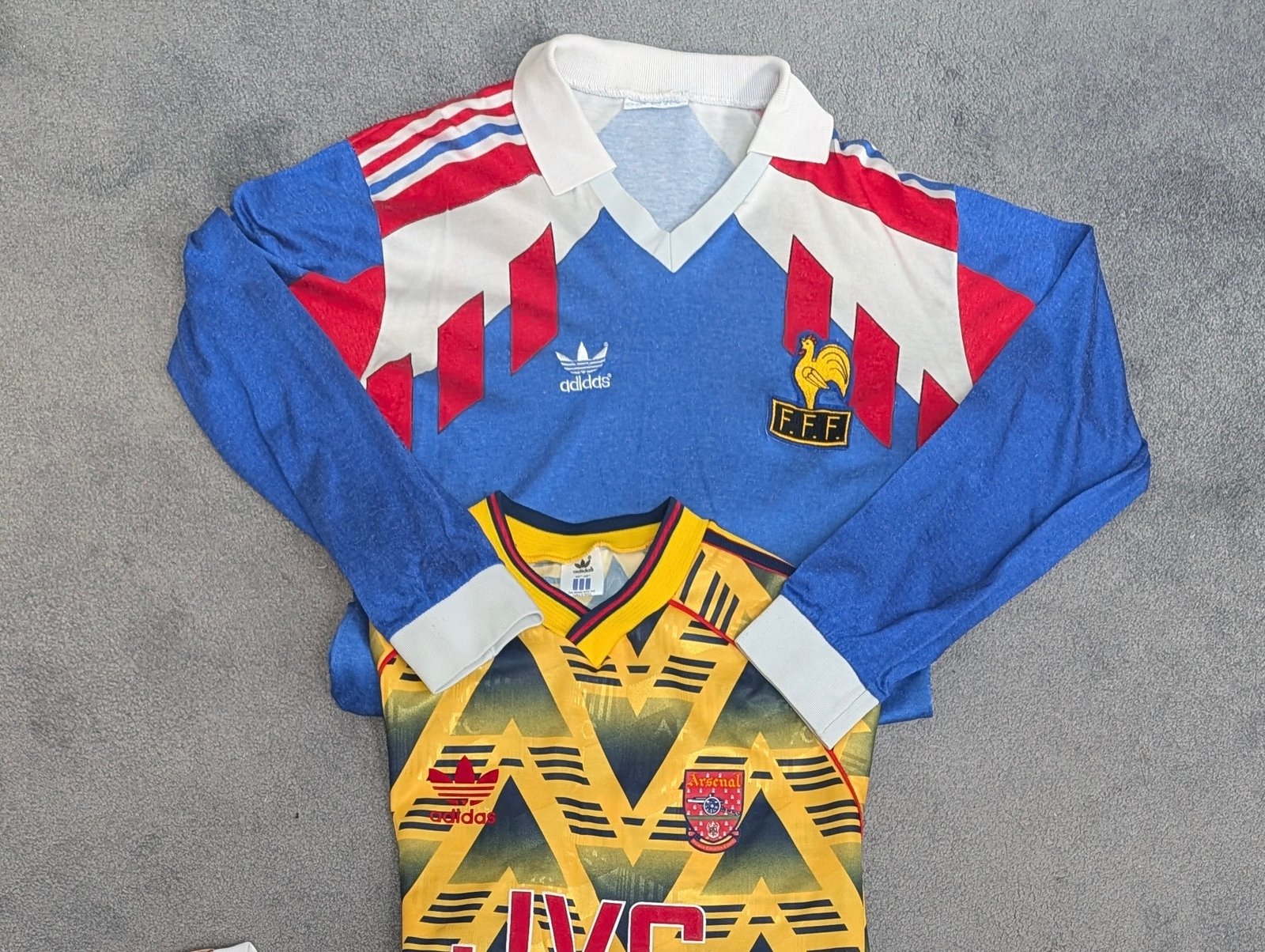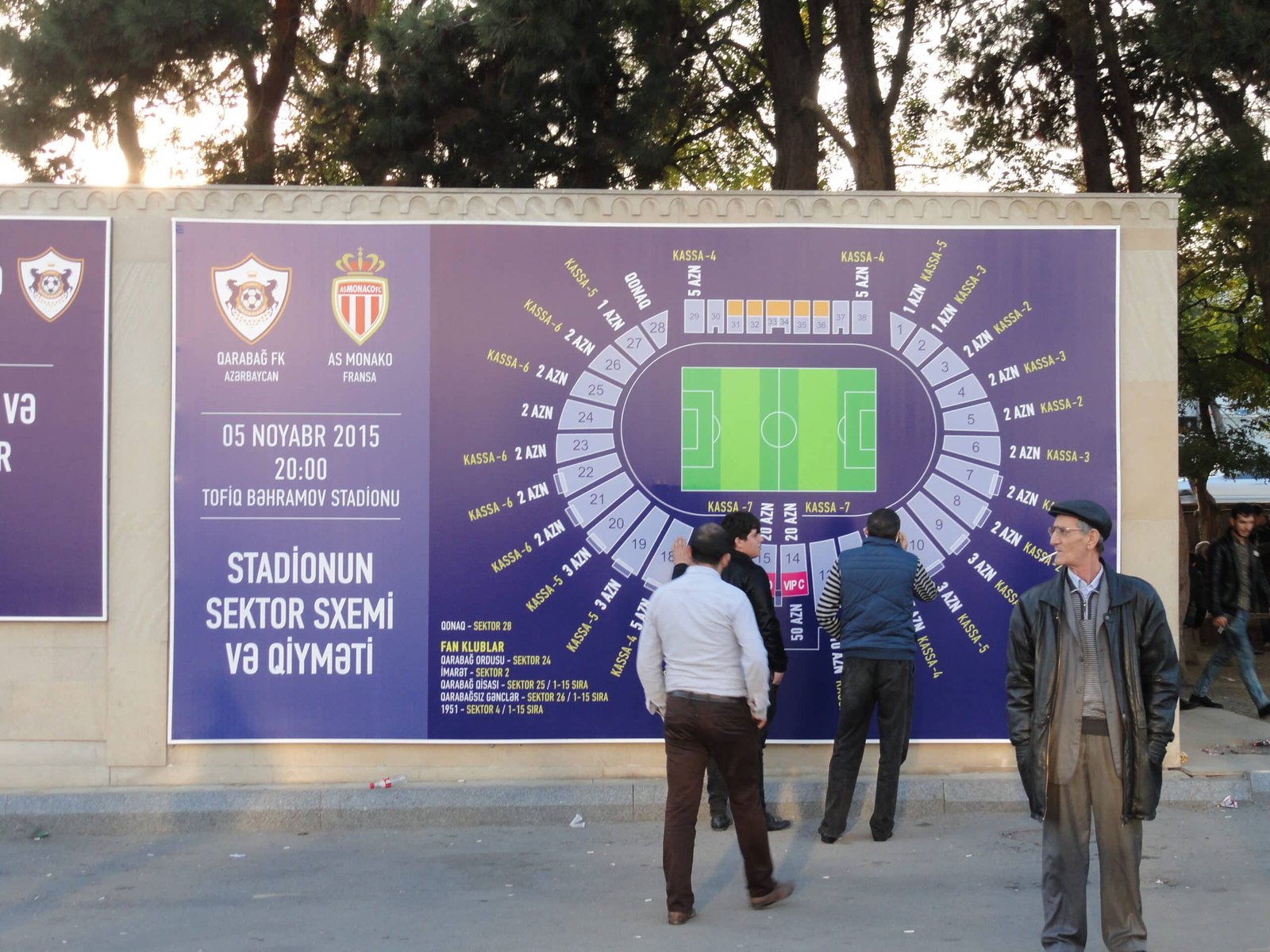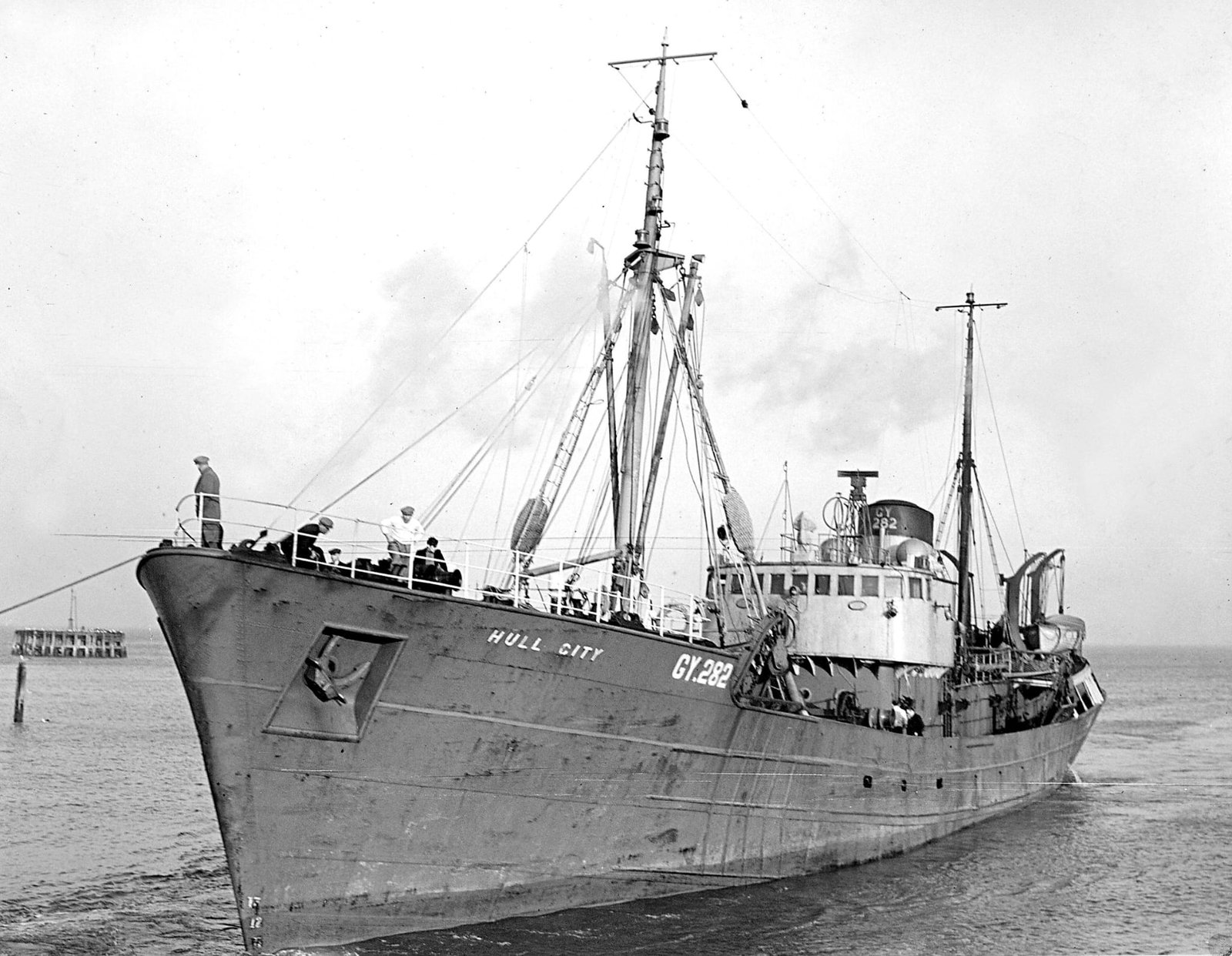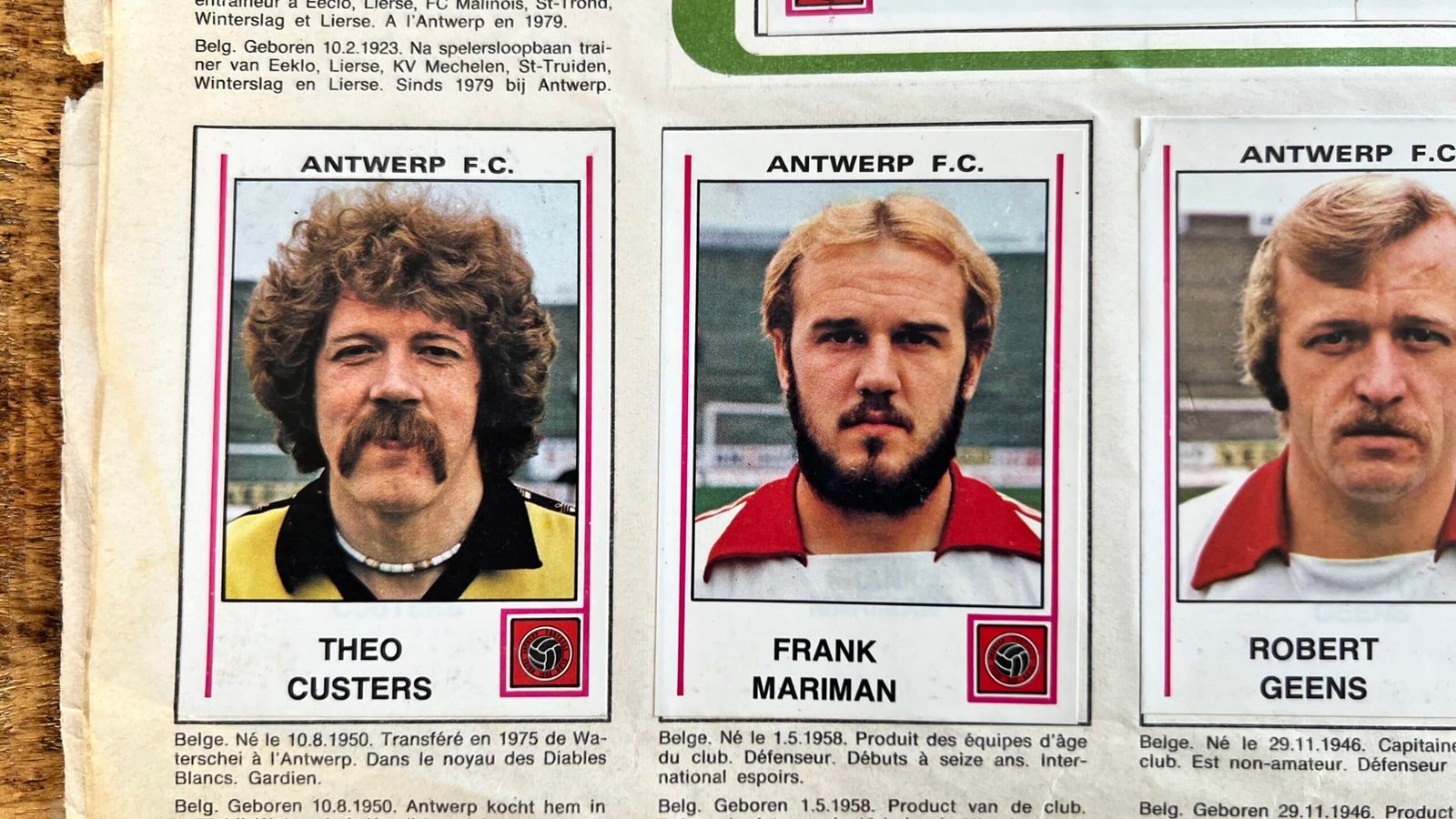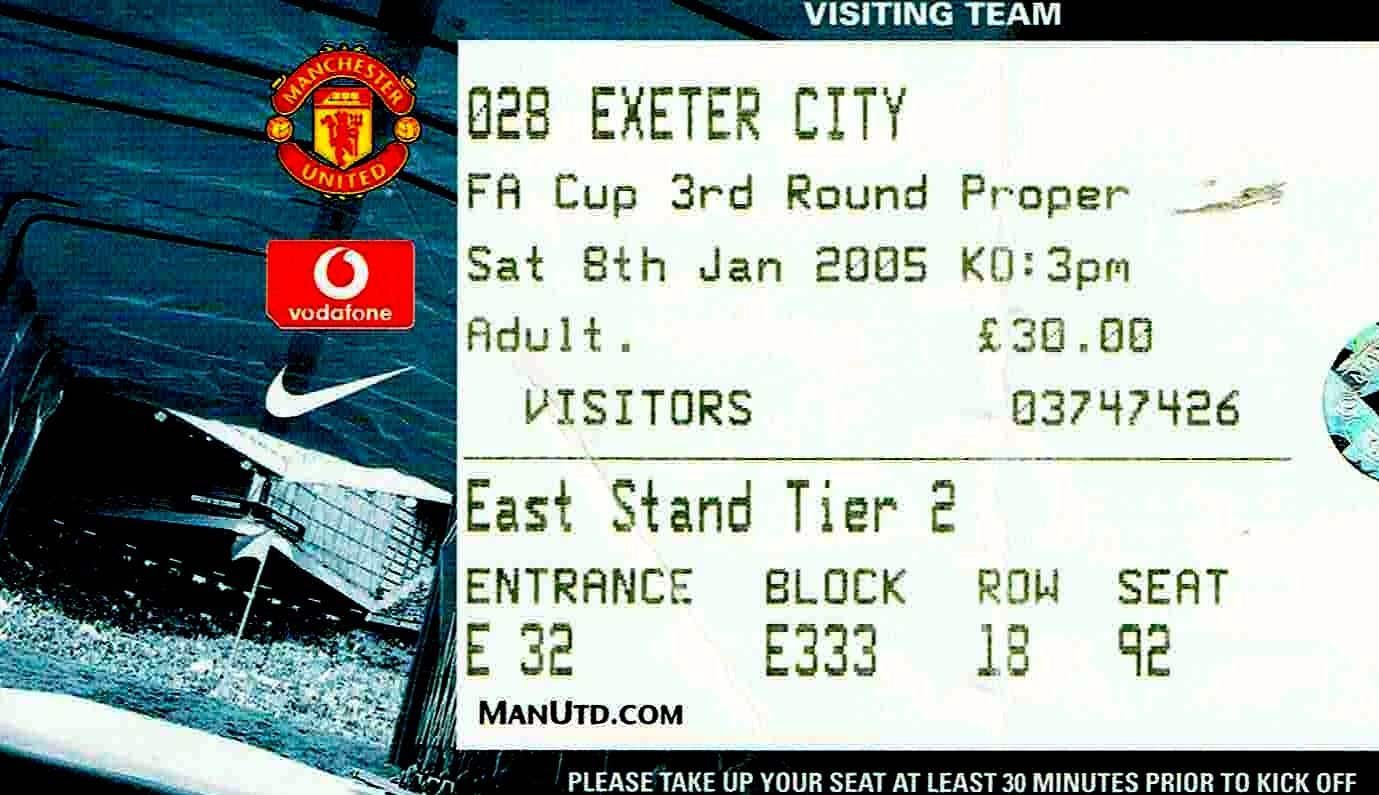Brian Mulligan meets Bill Hern, co-author of a unique history of footballing firsts
It’s hard to believe now, but there was a time when few Black players featured on teamsheets around England. Long after the iconic outliers of the Victorian and Edwardian eras, Rotherham’s Arthur Wharton and Northampton’s Walter Tull, it wasn’t until the 1970s that Black players began to make their mark at grounds nationwide.
But which ones appeared first at which clubs? Two authors, Bill Hern and David Gleave, have delved into the archives and tracked down these now ageing trailblazers to Barbados, Bermuda and beyond. The result is Football’s Black Pioneers, recently presented by Hern during Black History Month.
Brian Mulligan caught up with him at a Footballers against Racism and Fascism event in London to talk about the inspiration for the book, its development and its potential influence.
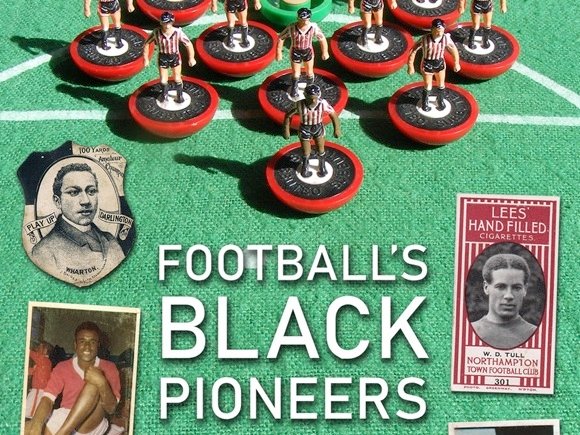
“Football’s Black Pioneers came about by accident,” said Hern. “In 2016, myself and David Gleave worked on a project looking at the contribution of Black people in World War I. This brought home just how unexplored and often misreported Black history is.”
“In an idle moment David and I were discussing the first Black footballers to play for each of the English League clubs. We realised that in most cases their identities were unknown. We also knew that if those pioneers were not identified and documented quickly they would be lost to history forever.”
“Initially we thought that we would end with little more than a list of names. However, as we delved into the life stories of those pioneers, we realised that each was different and almost always had an amazing tale to tell. It was clear that there was more than enough material for a book.”
The idea clearly caught the imagination of independent publisher Conker, who duly commissioned it.
“At the beginning we allocated ourselves a number of clubs each. Because of our footballing allegiances I took Sunderland and David led on Crystal Palace but the rest was random.”

The process varied depending on the circumstances. The oldest pioneer was Arthur Wharton born in 1865, whereas as a club, MK Dons technically only came into existence in 2004.
One further difference was how newspapers reported football matches. In Wharton’s day, he and other non-white players would be routinely described according to the colour of their skin. Terms like ‘dusky,’ ‘swarthy’ or, more commonly, ‘darkie’, were commonplace: “That would be unacceptable now but the racist reporting actually helped us with our research as there aren’t many high-quality photographs of footballers from the late 1800s and early 1900s”.
Research took four years. “Many of the pioneers died long ago but several are still with us. Viv Anderson, England’s first Black full international, wrote the foreword. After interviewing Chris Kamara, I visited Barbados to speak to Roland Butcher, England’s first Black cricketer but also the first Black footballer to play for Stevenage.”
“In Bermuda, we interviewed Calvin Symonds, Rochdale’s first Black player and, at 93, our oldest living pioneer. Ex-West Ham striker, the legendary Clyde Best, joined us.”

While the internet provided the main source of information, evidence had to be carefully checked. –Steve Mokone, the first Black player at Coventry, may or may not have also been on the books of Barcelona and Valencia…
“The British Newspaper Archives and the English Football National Archives were invaluable sources of information. Oddly enough, the clubs themselves showed little interest in our work. The exceptions were the very few with a club historian. We found them to be helpful and enthusiastic.’
“As well as the star names, we met a whole host of pioneers who told us what life was like as a Black player in the 1970s and 1980s. It could be lonely, often being the only Black face in the entire stadium and being afforded no protection from racist comments or chanting.
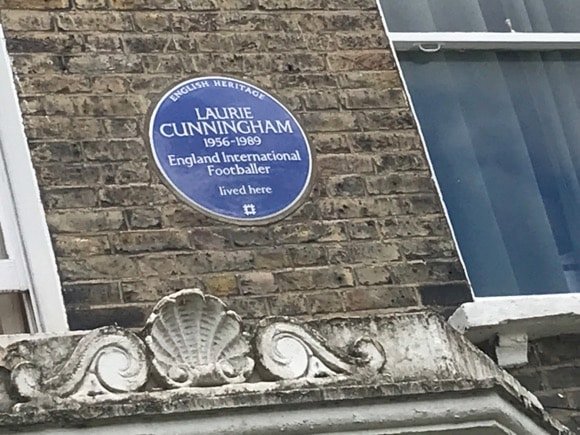
“My favourite interviews were the perhaps lesser-known players such as Dave Busby (Brighton), Lloyd Maitland (Huddersfield), Neville Chamberlain (Port Vale and Newport), Peter Foley (Chesterfield), Tony Ford (Grimsby) and Winston White (Leicester).”
“Not everyone wanted to be remembered. To my frustration, as a Sunderland fan, our first Black player, Roly Gregoire, had fallen out of love with football and refused to be interviewed or offer any comments.”
Overall, however, feedback has been extremely positive. Perhaps the most telling is: “I would like to see this book in every secondary school library in the country as an educational tool because it’s an honest reflection of Britain and British football in the 1970s –some of it makes for a difficult but necessary read”.
Football’s Black Pioneers – The Stories of the First Black Players to Represent the 92 League Clubs, by Bill Hern and David Gleave, Conker Publishing.
